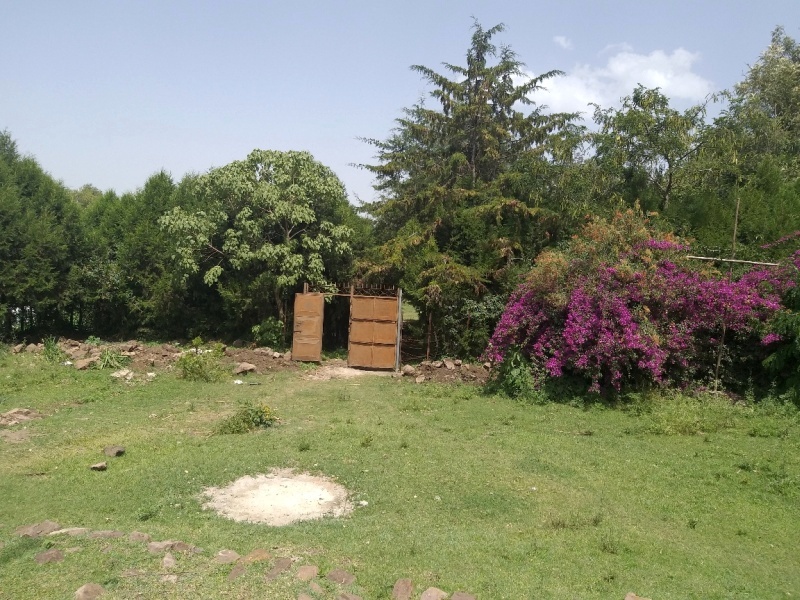Laudato Si, Bee and Tree Project on the way to realization
Bees are an important species, upholding nature and agriculture. Bees pollinate the trees whose oxygen we breathe, and which mitigate the climate. Bees are responsible for at least a third of the food we eat. They pollinate the flowering plants that produce seeds that feed other insects, birds and mammals in the food chain. Bees improve the yield of 90% crops, including fruits, vegetables, nuts, seeds, spices as well as coffee, and fodder for livestock. Many of these foods are dietary sources of vitamins and minerals without which the risks of malnutrition might be expected to increase.

Pollination is vital to life
Bees are some of the most important pollinators. Pollinators are economically, socially and culturally important. There are biological, moral and cultural arguments for pollinator conservation .
We need to protect pollinators to protect wild plant diversity, pollinator diversity and resilience, and the intrinsic value of pollinators and plant-pollinator relationships.
The core focus of the Bee and Tree Project is protecting the natural ecosystems. preventing land degradation while sustaining livelihoods through Beekeeping. The lack of trees adversely influences the environment and subsequently human health. Trees are a vital part of the natural environment.
Beekeeping for small-hold beekeepers through improved training to improve the management of bee colonies and minimize the effort of the activities to concentrate on income sources around the bees, participate in economic activities and generate demand for products.
PBF also aims to foster gender equality in employment and also the literacy and educational levels of the target communities will specially be addressed.
Honey Bees and Religion
In the Christian church the bee as well as its products, honey and wax, are assigned particular significance. A legend says, “When Christ was crucified, his blood dripped to the ground; attracted by the sweetness of the red drops, bees flew by and collected the blood of Christ.” Thus, honey becomes the symbolic bearer of the blood of Christ and the Holy Scripture. The bee, on the other hand, who only feeds honey, which she gathers herself without damaging nature, embodies the believing Christian, who receives the word of God and gives it selfless.
Beekeeping and Bee-Health in Ethiopia
Beekeeping has a long tradition and history in Ethiopia and it is Africa’s leading honey and beeswax producer. Known as the most populated landlocked country with its high population underlines the importance of the development of the apicultural sector. A developed apicultural sector not only increases the country’s natural food production, but also increases the incomes of not only professional beekeepers but also of farmers using bees to pollinate their agricultural plants. Beekeeping in Ethiopia can be seen as additional income for families. It is estimated that there are more than 5 million individual bee farmers in Ethiopia.
Our objective is not only limited to bee-management but also bee-health topics. There are different pests and pathogens present in Ethiopia but mostly no treatment methods are applied. The most commonly applied control measures focus on ants and wax moths. Thus, field research on bee health and the occurrence of pests and parasites will support to fulfill the mentioned targets and to enhance the bee resilience to various external factors.
As it can be seen the apiculture sector has a huge unused potential which can be linked easily to other sectors and markets and improve livelihood through new income opportunities for rural and urban households. In addition, local and international SME businesses and start-ups can be strengthened and sustainable businesses and services around the honey value chain established.
We have identified several groups of farmers and traditional beekeepers who are trained on new technology in beekeeping and management. Our local project Coordinator, Abebe Zewdu, is reaching overseeing this project both nationally in Ethiopia and regionally in East Africa.There are two other projects coming up in Kenya Kitui and Bondo and another one in Kasesse Uganda.
Dan Amolo, PBF Projectcoordinator
see associated videos:
Abebe Zewdu‘s videos show the transfer of a bee colony from traditional beekeeping to modern beekeeping. (edited by Solomon Mekonen)
